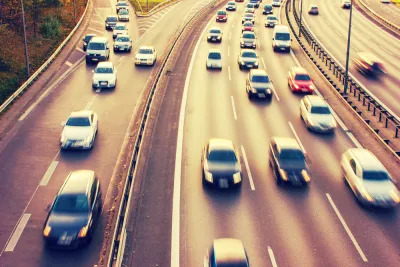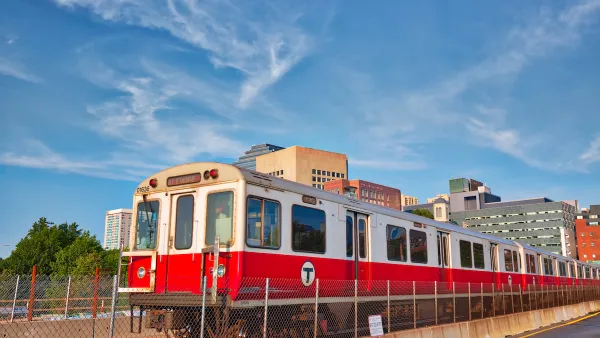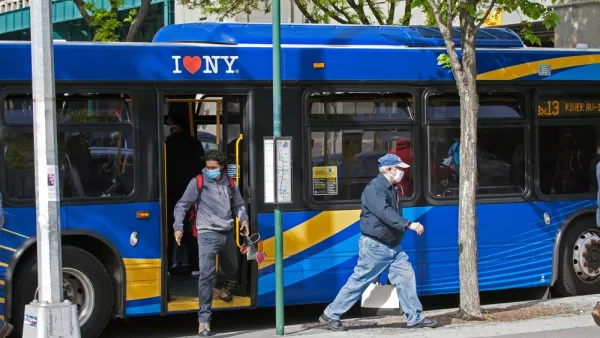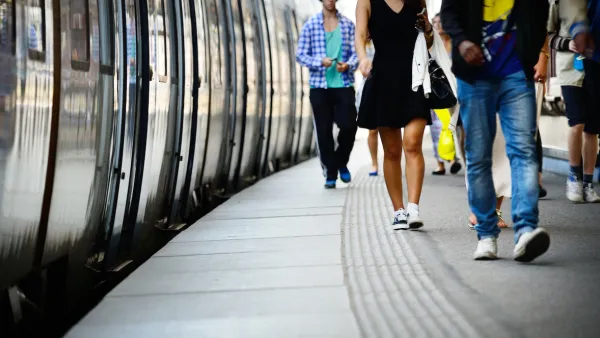The average cost of commuting in the United States rose by 35 percent since last year, according to a new report.

Writing in Axios, Jennifer A. Kingson reports on the rising cost of the average American commute, which is up by $757, or 35 percent, from last year. “The sheer expense of getting to work is not just hurting our bank accounts — it's contributing to wrangling between workers and employers over returning to the office,” Kingson writes.
“It's also leading to debate over whether companies should pick up the tab.” A new Philadelphia law will, if passed, require companies with more than 50 employees to provide commuter benefits.
Kingson notes that the cost of gas is, naturally, one of the main drivers of more expensive commutes. “U.S. commuters will spend an average of $657 on gas this year — up 58% from last year, according to a calculation by a website called Overheard on Conference Calls.” Nationwide, New York City commuters face the highest costs, at $4,040—up 47 percent from last year. Two other New York cities, Rochester and Albany, have the next most expensive commutes, followed by Jacksonville and Orlando.
The silver lining: this could be good for transit. While ridership is still making a sluggish return, more agencies are looking at ways to reduce fares and improve service, while city leaders may be more amenable to investing in transit projects.
FULL STORY: Your commute is hundreds of dollars more expensive this year

National Parks Layoffs Will Cause Communities to Lose Billions
Thousands of essential park workers were laid off this week, just before the busy spring break season.

Retro-silient?: America’s First “Eco-burb,” The Woodlands Turns 50
A master-planned community north of Houston offers lessons on green infrastructure and resilient design, but falls short of its founder’s lofty affordability and walkability goals.

Delivering for America Plan Will Downgrade Mail Service in at Least 49.5 Percent of Zip Codes
Republican and Democrat lawmakers criticize the plan for its disproportionate negative impact on rural communities.

Test News Post 1
This is a summary

Test News Headline 46
Test for the image on the front page.

Balancing Bombs and Butterflies: How the National Guard Protects a Rare Species
The National Guard at Fort Indiantown Gap uses GIS technology and land management strategies to balance military training with conservation efforts, ensuring the survival of the rare eastern regal fritillary butterfly.
Urban Design for Planners 1: Software Tools
This six-course series explores essential urban design concepts using open source software and equips planners with the tools they need to participate fully in the urban design process.
Planning for Universal Design
Learn the tools for implementing Universal Design in planning regulations.
EMC Planning Group, Inc.
Planetizen
Planetizen
Mpact (formerly Rail~Volution)
Great Falls Development Authority, Inc.
HUDs Office of Policy Development and Research
NYU Wagner Graduate School of Public Service





























